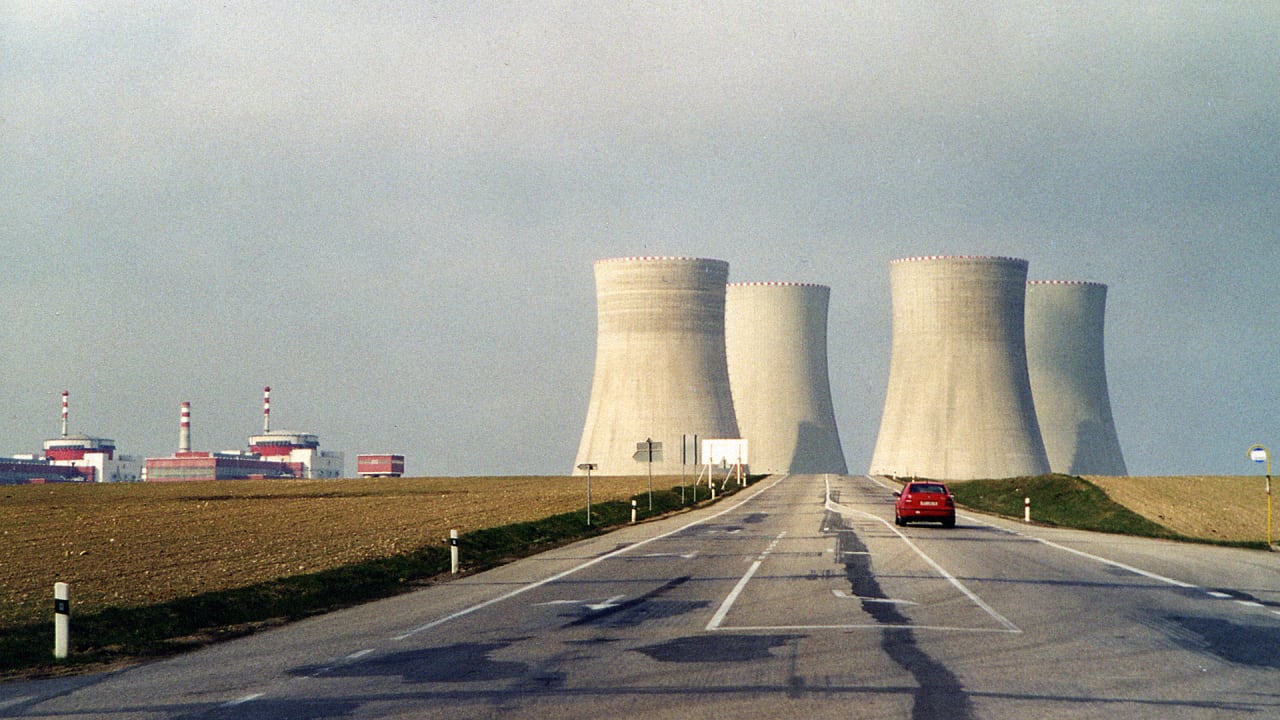fattony
Senior Member
- Joined
- Jan 28, 2013
- Messages
- 2,099
- Reaction score
- 482
The goal of carbon taxes is not to raise revenue, the goal is to internalize the externalities of carbon. A carbon tax that produced zero net tax revenue (e.g., a carbon tax plus dividend) would still be a policy worth implementing. A carbon tax must tax all forms of non-sustainable carbon emissions equally, however, not just gasoline and diesel.
This is exactly what Canada's carbon tax does (as I understand it). All revenue from the tax is returned to citizens. They all get an equal credit to their income taxes or I think they can opt to just get a check. As the carbon tax increases over time, the size of that rebate increases. I think it is a great system. It puts a price on carbon, discouraging carbon use. It also refunds low-level carbon users, so as not to be regressive. And it gives what amounts to a universal basic income check to help stabilize the finances of the poorest and least secure Canadians. It's brilliant in my opinion.
I want to add that there seems to be a mental block for some folks around gas taxes, congestion fees, and carbon taxes. Unlike the former/current justification for gas tax, the point of these new taxes is to reduce the use of gas/roads/carbon. It is not to raise general revenue, it is not to raise ear-marked revenue for roads and bridges, and it is not to punish anyone. It is to change the choices you make and to change your behavior. It is to cause you, personally, to actually use less of the these pollutants. In that sense, it is more akin to a vice tax than a use tax.
Last edited:




